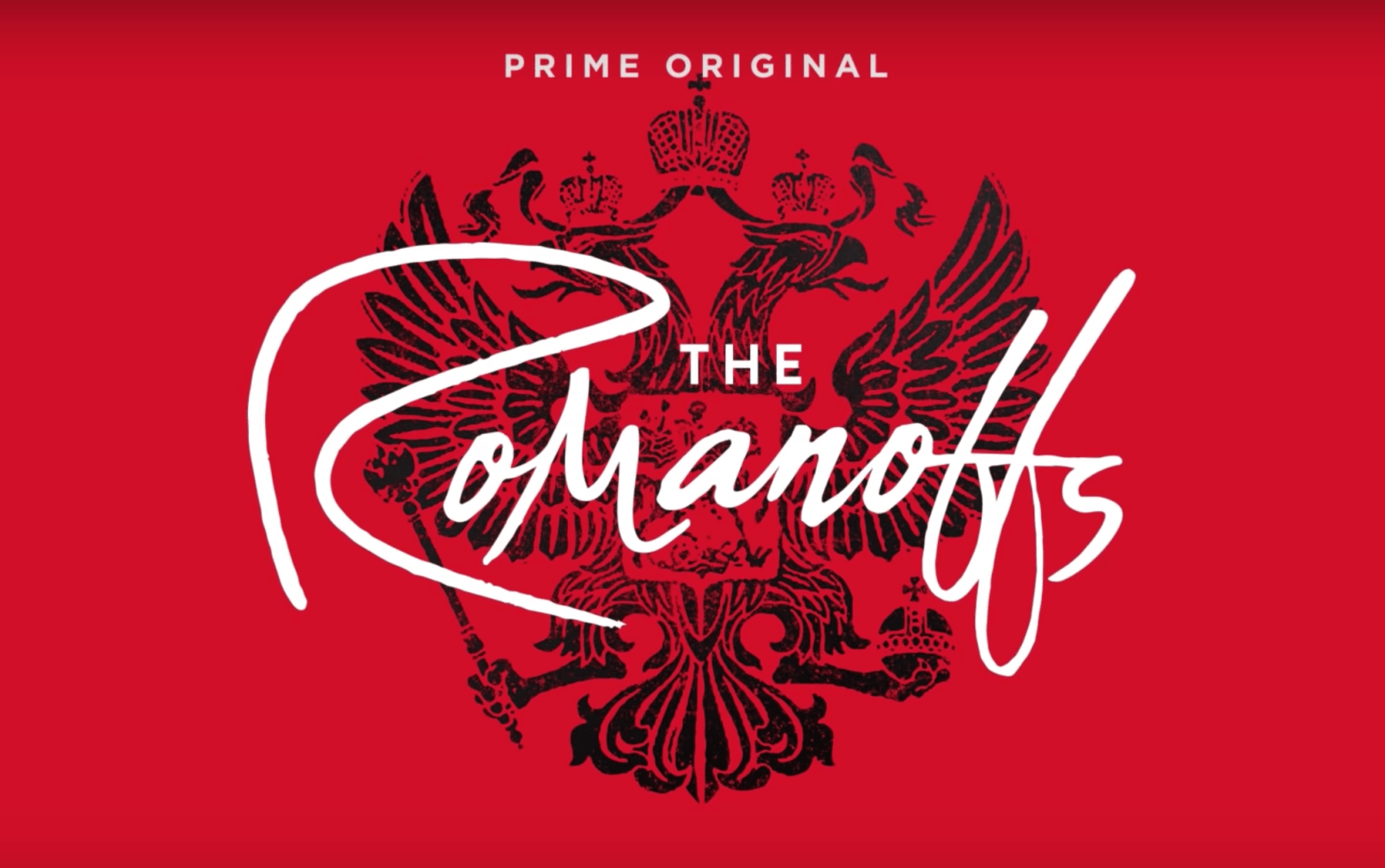The Burning Light, by Bradley P. Beaulieu and Rob Ziegler
New York City. The future. Manhattan is flooded, some buildings still tenable, but many
abandoned, rusted and moldy, full of squatters and junkies. Transport moves via watercraft. Worldwide, humanity relies on mind-linking networks to communicate.
And then there is the Light – an epidemic, opening the mind, burning bright; yet corrosive, leaving those who are touched by it emptied, addicted, desperate for more. It erodes its users’ ability to connect, making them reliant on joining groups, known as halos, to touch the Light together. And sometimes, it burns so brightly that it kills.
Colonel Melody Chu was once touched by the Light. Her family was killed by that touch, leaving only her and her twin sister, who is now void of anything but need and want. The Gov collective that Chu serves distrusts her as reactionary, but uses her unrelenting drive to eradicate those who channel the Light. Chu’s white whale is a woman named Zola, who used to be a skilled navigator with a multi-national corporation until the Light took her. Zola is a vector – someone who can channel the Light through networks, even though it isolates her in her own addiction.
Zola just wants to live her life, communing with others and the Light. But being continually hunted drives her to make a desperate decision, so when her losses grow too much to bear she determines to give herself up to the Light and let it use her to its own ends. As Chu pursues Zola through the decay of New York, they each must come to terms with what drives them and the cost that those aims demand.
The Burning Light is a small book, packed with a lot of mise en scène. We are told very little, but we see and hear so much. Whether it be a description of a night time stakeout, relating a far off memory, or merely the soft patois of the local speech, we get a mixture of that which is known and familiar, and that which is off kilter and mundanely exotic.
What is being said is new and strange, but how it is being said hearkens back to other literary voices: Dickens’ London street vendors, Margaret Mitchell’s plantation voices – environments established by who fills the pages first, what happens to them second. The narrative alludes to Melville and Biblical stories, crossed with tense military protocols and ecclesiastical euphoria. It’s an incredibly searing slice of a possible future brought quickly to life and deftly related.
My biggest frustration with the book is that I wanted to know more of what the Light truly is, yet there is no real explanation given. I understand why the authors did this – to be more specific would easily bog the narrative down, and the lack of specificity does add to the ethereal, almost otherworldly aspect of the Light. Still, it is difficult to latch on to the “believability” aspect of the story with one of its major tenants being so ambiguous.
Yet there is so much to appreciate in this book to offset this ambiguity, such as the dynamics between characters: Chu and her sister, or Chu and her second in command, Holder; Zola and the enigmatic Bao, for examples. And even in such a slim book there were secondary characters that captivated: the deputized thug “Captain”, the priest Jacirai, even the ghettoish Moby Jah boys , “unified by mad beats”, ready to take advantage…
So while there may not be many well defined layers to The Burning Light, the layers that are there are sumptuous and enveloping. Go ahead – wrap yourself up in them.
—Sharon Browning


